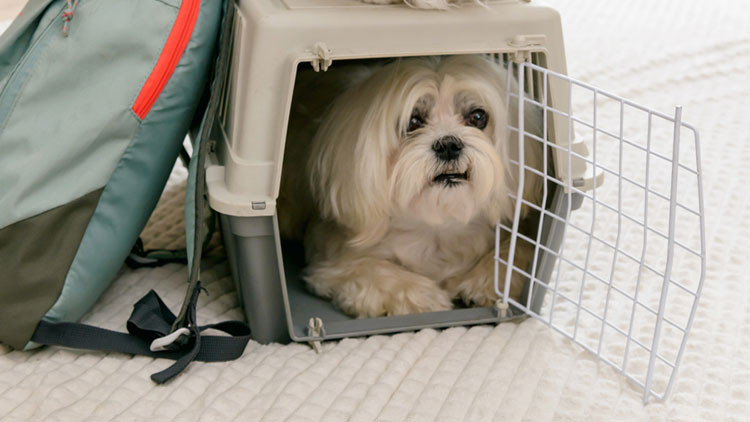Government mail service may be affected by the Canada Post labour disruption. Learn about how critical government mail will be handled.
Introduction
Take a preparedness step
Emergency preparedness is not about being ready for the next big disaster. It's a journey with no start or end that can be built over time. Adding preparedness actions to your daily routine allows you to build resiliency when a disruption occurs, big or small.
Stock essential items to stay safe during an emergency.
Build local networks for support during emergencies.
Create a plan to ensure safety in any situation.
Be aware of potential hazards in your area.
Get alerts and updates to stay ahead of emergencies.
In focus


Champion preparedness
Champion preparedness in your community by sharing resources and research, and leveraging emergency preparedness initiatives that could help others be more prepared.
Tools and resources to help you participate in the annual campaign.
Learn about the annual survey that examines Albertans’ emergency preparedness attitudes and behaviours.
60 second videos, fact sheets, posters and more material you can share on how to prepare for emergencies and disasters.
Contact
Connect with the Alberta Emergency Management Agency:
Hours: 8:15 am to 4:30 pm (open Monday to Friday, closed statutory holidays)
Phone: 780-422-9000
Toll free: 310-0000 before the phone number (in Alberta)
Email: [email protected]